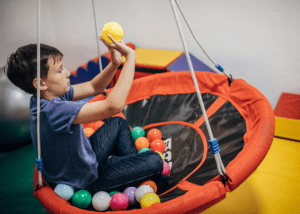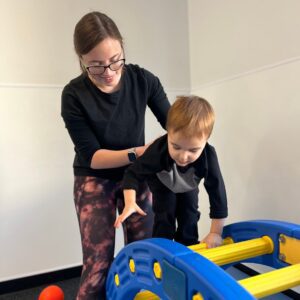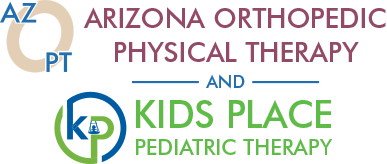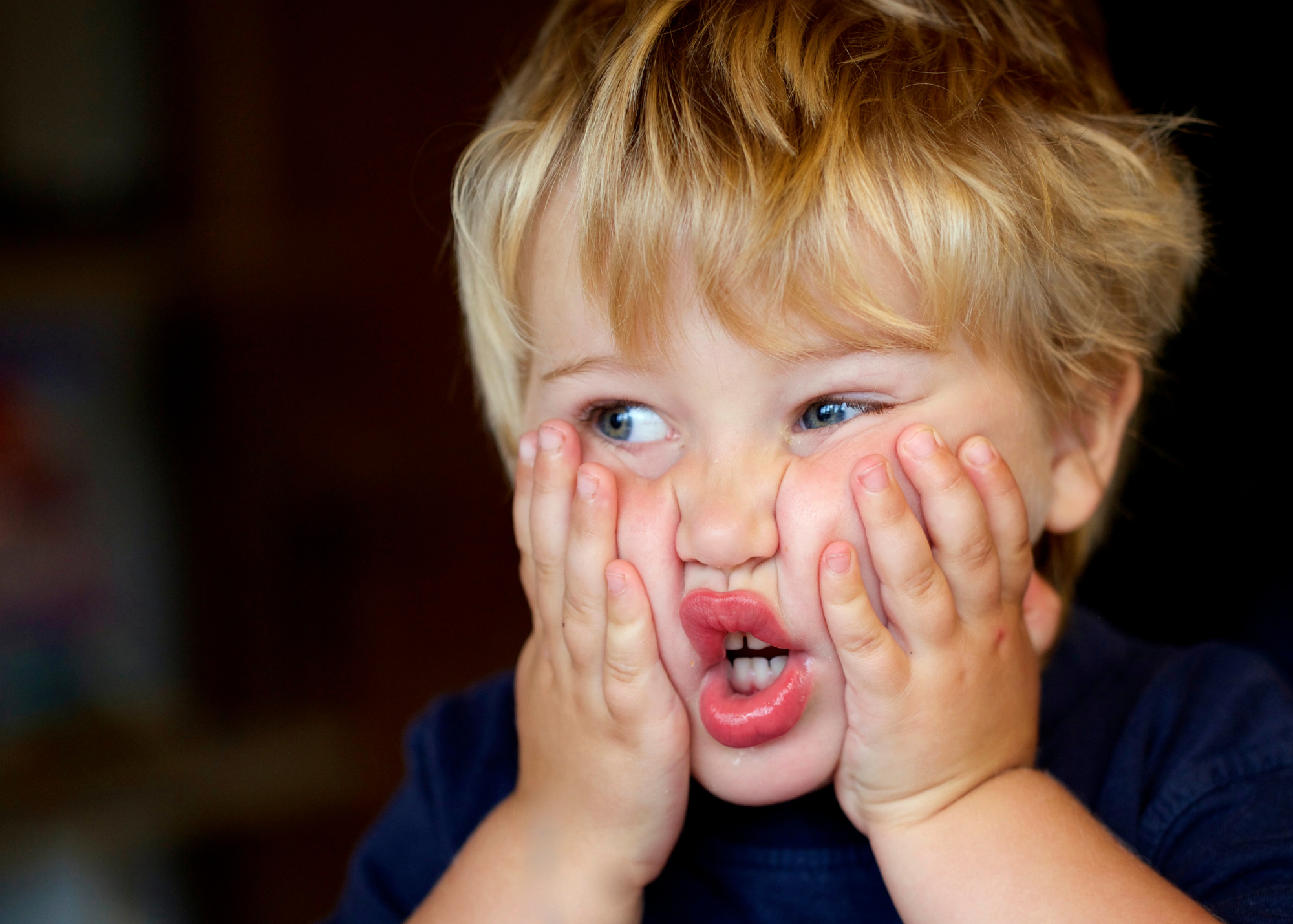The Importance of Errors in Learning: A Pediatric Physical Therapist’s Perspective
As a pediatric physical therapist, I often encourage children and their families to embrace mistakes as part of the learning process. In a world that often prioritizes perfection and immediate success, it can be difficult for both parents and children to understand that errors aren’t setbacks—they’re actually vital to growth, development, and learning.
When children are working to develop motor skills—whether that’s learning to walk, jump, run, or navigate obstacles—mistakes are inevitable. But instead of viewing them as failures, we can reframe them as opportunities for growth, adjustment, and eventual mastery. Let me explain how. 
Errors Promote Problem-Solving Skills in Children
Every time a child encounters an error—like missing a target during a ball toss or stumbling while walking—they’re presented with a chance to problem-solve.
For example, if a child falls while walking on uneven ground, it encourages them to think critically about what went wrong and how they can adjust. This trial-and-error learning process builds their ability to assess situations, recognize movement patterns, and develop their own solutions.
These problem-solving skills don’t just apply to physical therapy—they carry over into daily life, helping kids handle challenges in school, social situations, and more.
Motor Learning and Adaptation: Why Errors Matter
Motor learning—the process of developing and refining movement skills—requires repetition and adaptation. When a child makes a mistake, it signals that their brain is actively working to process feedback and adjust motor plans.
Take bike riding, for instance. When a child falls, their brain learns about balance, posture, and body control. Over time, small adjustments help them get better and better. These errors show us that the child’s body and brain are learning how to adapt to the task at hand.
Building Confidence Through Mistakes and Persistence
Mistakes are also crucial for developing confidence and resilience. They don’t mean a child can’t succeed—just that they’re still in the process of getting there.
As a pediatric PT, I love helping kids see that errors are stepping stones, not roadblocks. Over time, they develop a growth mindset, where they view challenges as a chance to learn and grow rather than something to fear.
This mindset is especially valuable for kids with disabilities or those recovering from injury, as it teaches them to stay persistent and positive even when progress feels slow.
Sensory and Motor Integration Improves Through Mistakes
Errors also support better sensory and motor integration—the ability to connect what a child feels with how they move.
For example, if a child misjudges a jump, they might notice how their body feels just before landing. That feedback helps them adjust their body position, timing, and balance the next time. These repeated mistakes and adjustments build better coordination and body awareness.
Errors Help Guide Individualized Therapy Plans
Every child is different, and developmental timelines vary. Some kids may need more time or different strategies to master a skill.
When children make errors, I’m able to use that information to better understand their needs. Do they need more strength? Improved coordination? A different type of practice? Errors help guide a customized, effective therapy plan that meets them where they are and supports them in reaching their full potential.
Creating a Safe Space Where Mistakes Are Encouraged
One of the most important parts of my job is creating a safe, supportive environment where making mistakes is not just allowed—it’s welcomed.
When kids feel safe enough to try, fail, and try again, they’re more likely to explore new movements, take risks, and stay engaged in the process. This sense of psychological safety fuels creativity, confidence, and motivation, all of which are essential for long-term development. 
Final Thoughts: Mistakes Are Part of the Journey
The path to mastering motor skills is rarely linear. And that’s okay. What matters most is a child’s ability to keep moving forward, learning from each error along the way.
Want to dive deeper into how physical therapists think about skill development? Check out: Motor Learning – Back to the Basics – Physiopedia
Is Your Child Struggling With Motor Development?
At Kids Place Pediatric Therapy, we specialize in helping children develop the physical, sensory, and emotional skills they need to thrive.
Click here to schedule an evaluation today!







